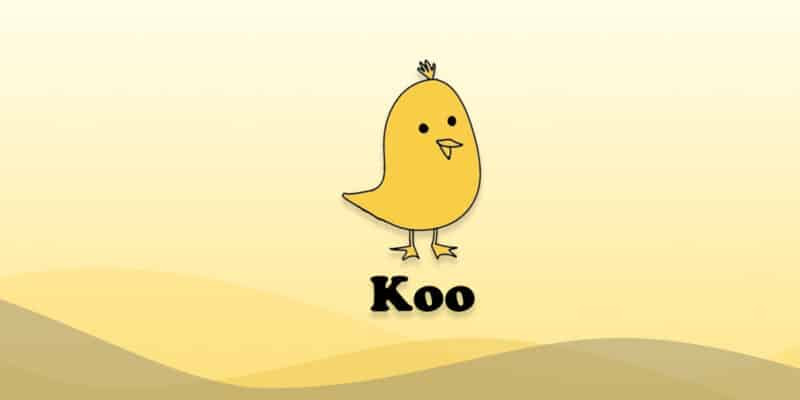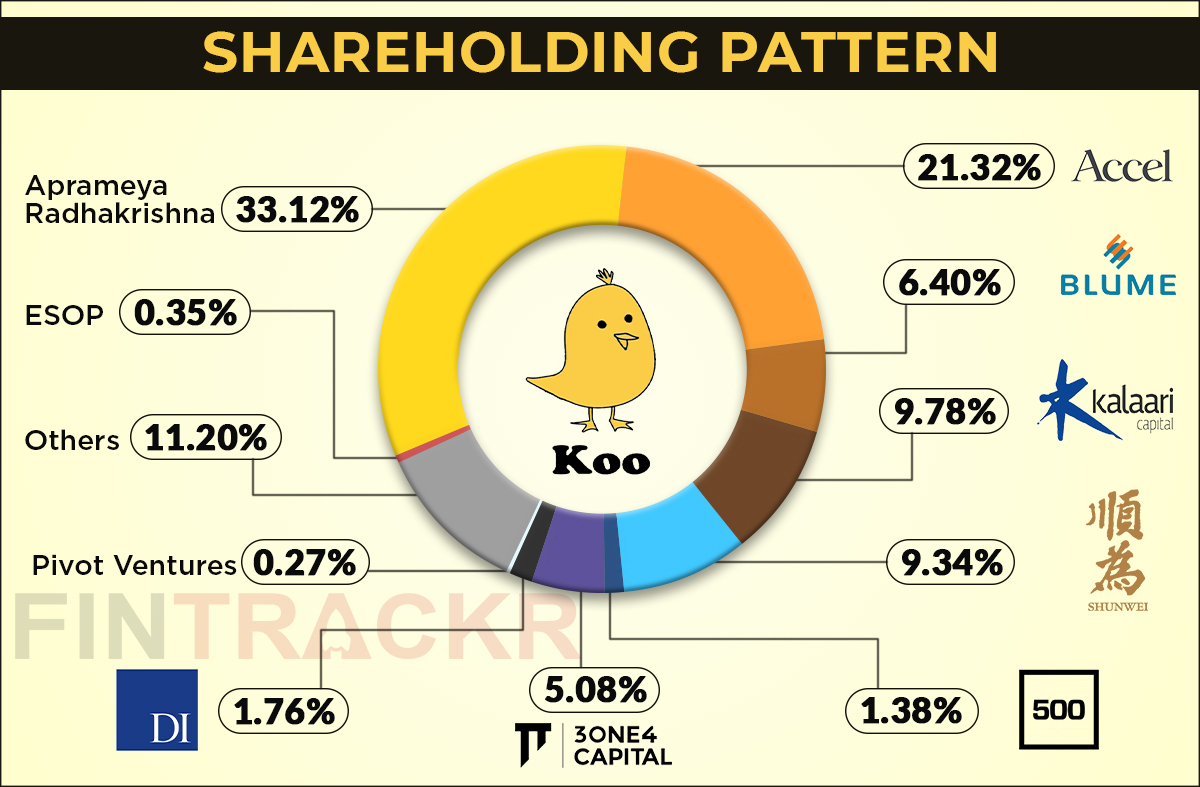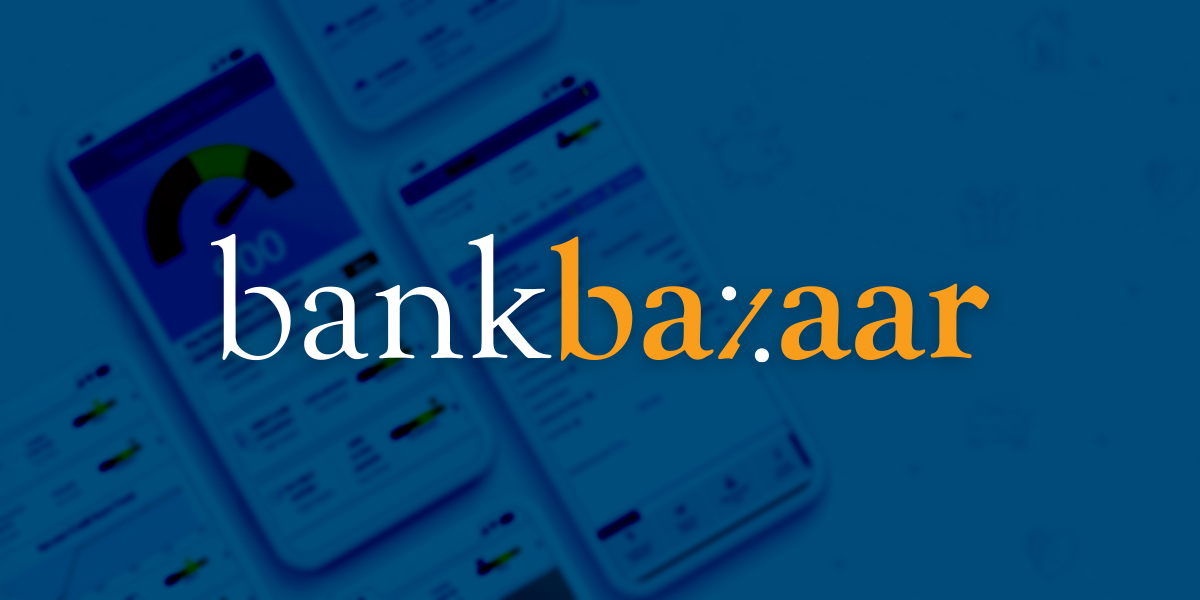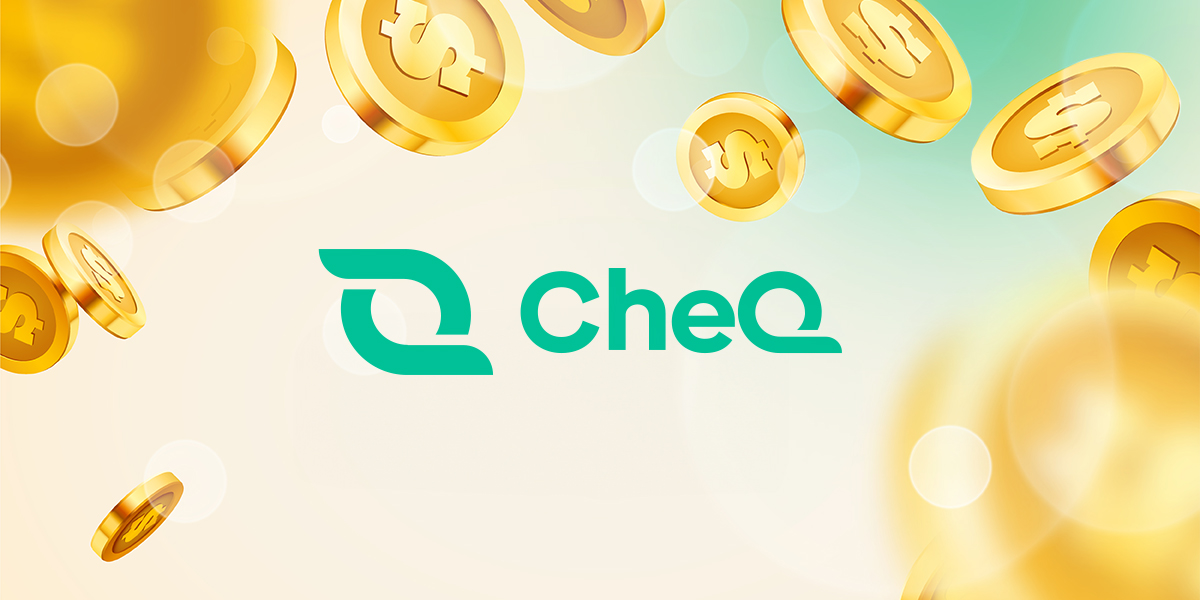Bombinate Technologies, the parent company of Twitter’s homegrown rival Koo and vernacular microblogging platform Vokal, had announced a Series A round worth $4.1 million on February 5. While the company didn’t disclose the break up and valuation of the financing round, Fintrackr has decoded such details including shareholding patterns through its regulatory filings.
The company has passed a special resolution to allot 24,971 Series A 3 preference shares along with an equity share at an issue price of Rs 11,938.64 each to raise Rs 29.81 crore or $4.1 million. 3one4 Capital led the round with Rs 9.51 crore while Accel Partners and Kalaari Capital have invested Rs 7.32 crore each.
Dream Incubator and Blume Ventures have pumped in Rs 3.3 crore and Rs 1.46 crore respectively. According to Fintrackr’s estimates, the company has reached a post-money valuation of Rs 190-200 crore as compared to Rs 149 crore valued in the last round during 2018.
Recently, Koo’s co-founder Aprameya Radhakrishna announced that the company had raised more funds from the likes of Ashish Hemrajani of BookMyShow, Vivekananda Hallekere of Bounce and Zerodha’s Nikhil Kamath. Radhakrishna also said that the company has been trying to give a complete exit to China origin VC firm Shunwei Capital.
Shunwei Capital had invested in Bombinate Technologies for building its first product Vokal.
As per Fintrackr’s calculations, Radhakrishna holds a 33.12% stake in the company after the allotment of Series A shares. Accel has emerged as the largest shareholder among investors with a 21.32% equity stake in the company whereas Kalaari, Blume and 3one4 Capital hold 9.78%, 6.4% and 5.08% stake, respectively.
Shunwei Capital has a 9.34% stake in Bombinate Technologies.
The company has kept an 11.2% stake under ESOP while investors including Dream Incubator, Pivot Ventures, Venkatram Krishnan, Sharda Balaji and Ritesh Baglani hold the rest equity stake.
Soon after blocking 59 Chinese apps by the Indian government on June 29, serial entrepreneur Radhakrishna had launched Koo. Like the microblogging platform Twitter, it allows users to share text and multimedia updates. The app has been garnering attention from users seeking an alternative to Twitter, but experts believe that Koo is riding a fad that eventually will die-down.
Koo experienced a surge in sign up during the early weeks of February after Twitter’s standoff with the Indian government over blocking certain content. Notable ministers and politicians of the ruling party, celebrities and cricket players have also promoted the Koo app on social media.















